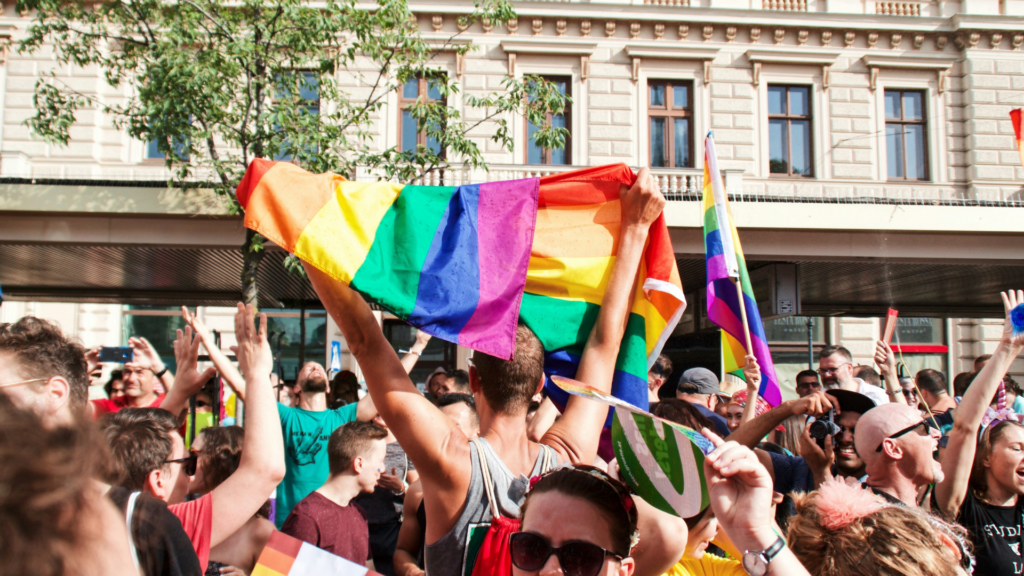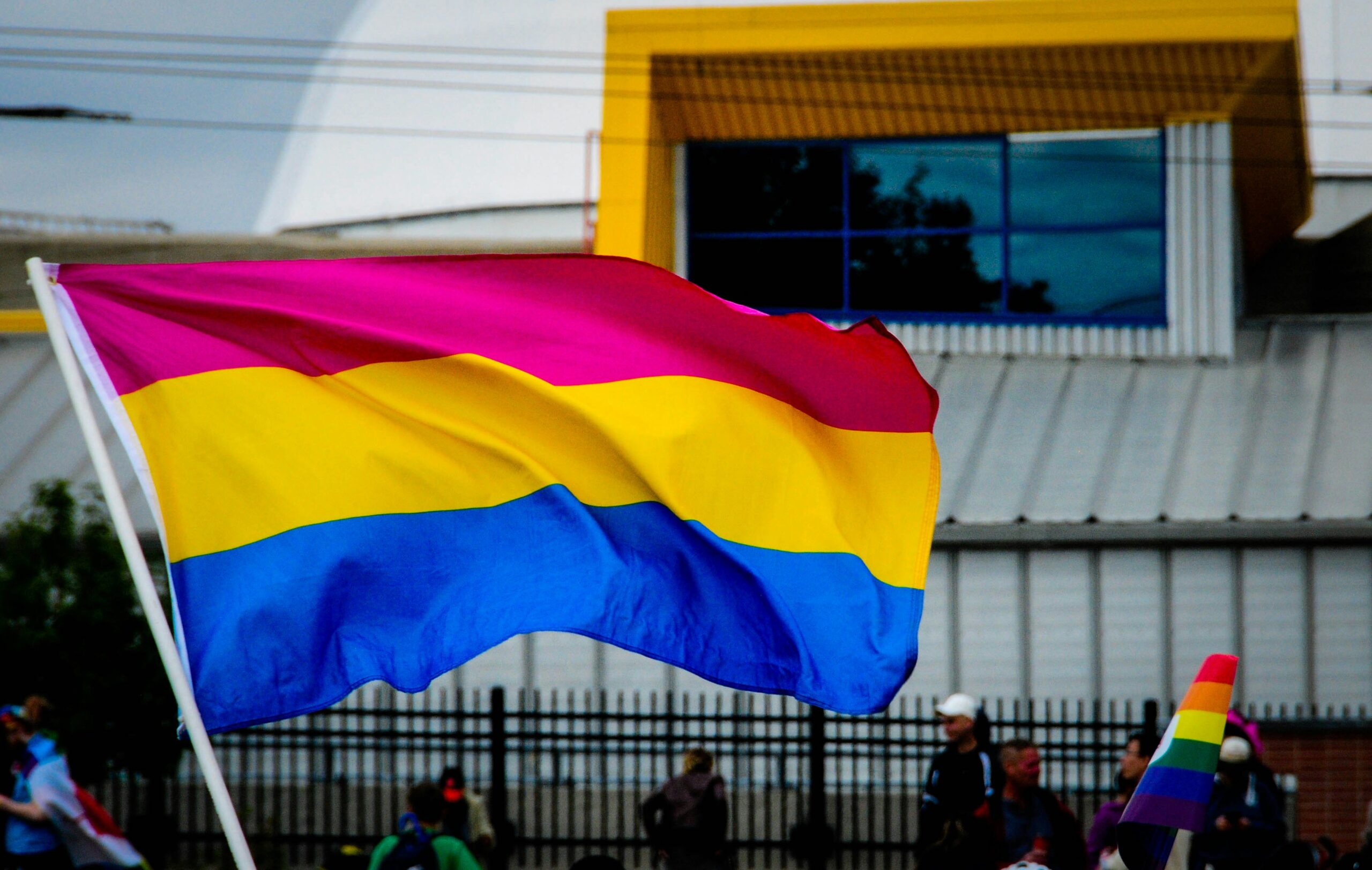
On Saturday May 18th, the streets of Brussels transformed into a colourful rainbow. The annual Brussels Pride once again passed through our capital. The event, organized by and for the LGBTQIA+* community, was once again a huge success with an estimated 200,000 participants. The theme this year was ‘Safe Everyday Everywhere’. The burning relevance of this theme was proven once again last week. An overview:
Unwelcome in the public space
Earlier last week, the results of a major research project by the European Union Agency for Fundamental Rights (FRA) were published. They collected data from more than 100,000 people from 30 European countries, and also gauged the experiences and opinions of LGBTQIA+ people in Europe. Themes such as discrimination, acceptance and safety were discussed. The conclusion? Although we see a (slow) decrease in discrimination levels compared to previous years, the figures, even in Belgium, remain confrontational.
More than half of LGBTQIA+ respondents (53 percent) indicate that they ‘often or always’ avoid walking hand in hand in public spaces. More than a quarter (27 percent) also steer clear of certain places to avoid confrontation. 15 percent indicate that they have been attacked in the past five years and 30 percent felt discriminated against in the (semi) public space last year.
The figures show how serious the feeling of insecurity is among the LGBTQIA+ community, but also how LGBTQIA+ people are confronted with actual discrimination and violence on a regular basis. The results are shocking, and they show how much work there is still to be done on the acceptance and normalization of LGBTQIA+ people in public and semi-public spaces.
Turmoil in Antwerp
The fears and experiences of the respondents in the study were unfortunately reconfirmed in Antwerp just a few days after the publication of the results. When an organised rainbow walk passed through the city carrying a large LGBTQIA+ flag, there were not only positive reactions. Participants testify being booed and spitted on. The fact that there were so many negative reactions also shocked initiator Bram Bierkens.
In an interview with VRT NWS, he insists on more visibility of LGBTQIA+ in the public space, and testifies about the difficulties he experiences as part of the community. Other participants also testified about the discrimination they experience.
We have good laws, but it is mainly the mentality that needs to change. And that takes time.
Warning from the US
On Saturday morning, just before the festivities started, an additional concern arose. The United States issued a global warning of possible violence against people from the LGBTQIA+ community. They also specifically focused on the risks of attending LGBTQIA+-organized events and gatherings.
The travel advisory reads as follows: “The Department of State is aware of the increased potential for foreign terrorist organization-inspired violence against LGBTQI+ persons and events and advises U.S. citizens overseas to exercise increased caution”.
After consultation between the National Crisis Center and the OCAD (the coordination body for threat analysis in our country), it was decided not to increase the level of threat, as no concrete evidence to support this claim was identified.
Brussels Pride 2024
After an eventful week, the Brussels Pride took off through our capital at 2 p.m. The developments of the past few days did not spoil the atmosphere, and the event, like every year, turned into a big party where everyone is welcome and allowed to be themselves. However, there is no doubt that there is still a lot of work to be done.
Frank Schellings from LGBTQIA+-organization RainbowHouse Brussels summarizes it beautifully in an interview with VRT news: “We hear a lot about whether this is necessary, we already have many rights. I compare it to the fight for women’s rights. Equality was achieved in 1948 (when women in our country got the right to vote, ed.). But 76 years later we see that there is still inequality, for example in pay and positions. That is the same for us. We have good laws, but it is mainly the mentality that needs to change. And that takes time.“
More information about LGBTQIA+ or looking for an organization that can help you? Surf to www.rainbowhouse.be.
*LGBTQIA+ is a term used to describe people who do not identify as heterosexual or whose birth gender does not match their gender identity.

Sara-Lynn Milis
Resource centre & projects


